U.S.-China Trade War Escalates as Tariffs Soar and Tensions Rise
The ongoing trade dispute between the United States and China took a dramatic turn on Wednesday as President Donald Trump sharply increased tariffs on Chinese goods to 125%, intensifying an already volatile economic standoff between the world’s two largest economies.
While Trump eased tariff pressure on other global partners to avoid recession risks, he doubled down on China, signaling a more confrontational and targeted approach. The escalating feud now threatens not just the economies of both nations but global trade stability, as the two superpowers remain locked in broader strategic competition spanning artificial intelligence, currency policies, and geopolitical influence.
“President Trump is going to punch back harder when the United States is challenged,” said White House Press Secretary Karoline Leavitt, emphasizing the administration’s resolve after China responded to an earlier 34% U.S. tariff with a matching rate on American goods. Trump quickly countered by raising the tariff by 50 more percentage points, prompting Beijing to match it again—bringing China's tariff on U.S. products to 84%.
Trump then announced an immediate hike on Chinese imports to 125%, accusing Beijing of showing “a lack of respect” for global markets. “At some point, hopefully soon, China will realize that the days of taking advantage of the U.S. and others are over,” Trump wrote on his social media platform, Truth Social.
Treasury Secretary Scott Bessent defended the move, calling it part of a long-term strategy to expose China’s “bad actor” status on the world stage. He also argued that China is in a weaker position due to its heavy reliance on U.S. exports. “They can raise their tariffs, but the numbers aren’t in their favor,” Bessent said during an interview on Fox Business.
Despite some brief market recovery on the news that China would bear the brunt of the tariff hikes, concerns are mounting that the deepening standoff could cause widespread economic fallout. The U.S.-China Business Council urged both sides to resume dialogue, warning that the tit-for-tat approach would hurt businesses, farmers, and consumers globally.
"Targeted tariffs to bring China to the negotiating table are one thing, but this spiral of sweeping retaliatory measures benefits no one,” the council said.
Experts believe a resolution may be far off, with neither side appearing willing to back down. “Xi will not be pressured into making the first move,” said Sun Yun, director of the China Program at the Stimson Center. She noted that Chinese leaders rarely initiate contact with U.S. officials unless prompted by major global events, such as the post-9/11 outreach.
Craig Singleton, senior China fellow at the Foundation for Defense of Democracies, agreed, warning, “Each side believes time is on its side, which increases the risk that neither will blink until serious damage is done. This is no longer just about trade—it’s a test of political will.”
China, for its part, has signaled it is prepared for a long-term economic battle. According to an editorial in the state-run People’s Daily, Beijing has learned from its experience during the earlier phases of the trade war, which began in 2018, and has built a robust set of tools to counter U.S. pressure. These include tariffs, sanctions, regulatory roadblocks, and export controls.
“We have accumulated rich experience in this economic struggle,” the editorial stated, assuring the public that “the sky will not fall.” The government emphasized a reduced dependency on U.S. markets and a renewed push for domestic consumption to weather the impact.
Melanie Hart, senior director at the Atlantic Council’s Global China Hub, noted that China is now using its entire arsenal to counter Washington. “Beijing is blacklisting companies, targeting U.S. farmers, and limiting access to critical materials,” she said. “They’ve built a bunker for this moment—and they’re in it.”
Despite the escalating rhetoric and economic retaliation, China maintains it is still open to dialogue. “We have not closed the door to negotiations,” People’s Daily noted. A parallel editorial by Xinhua News Agency echoed this stance, reiterating that while China doesn’t seek a trade war, it is fully prepared to fight one.
“There are no winners in a trade war,” the editorial concluded. “But China is not afraid of one.”


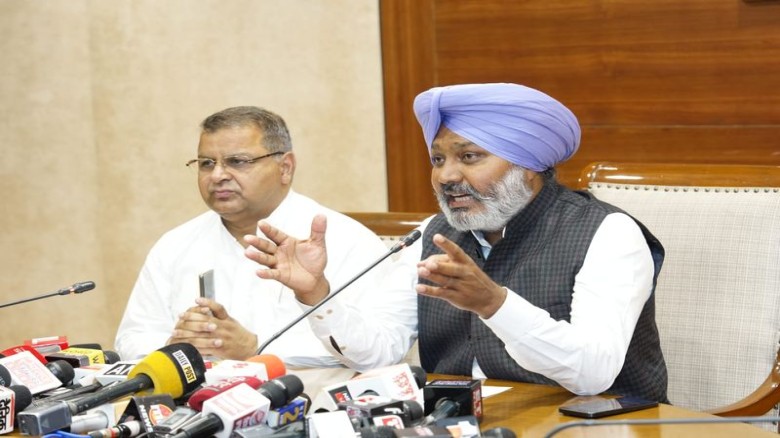



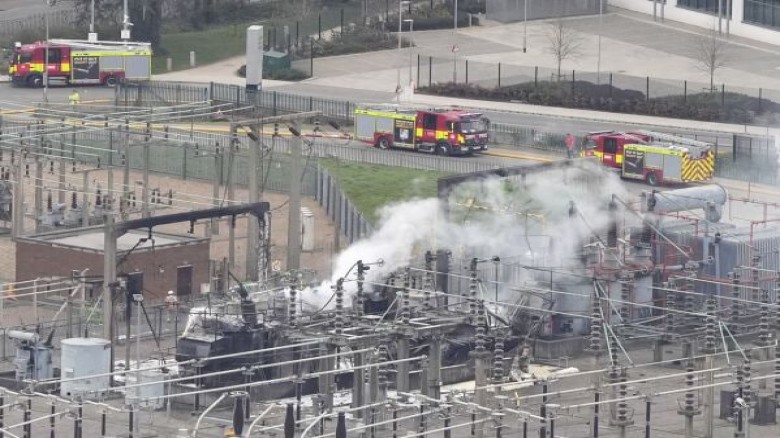



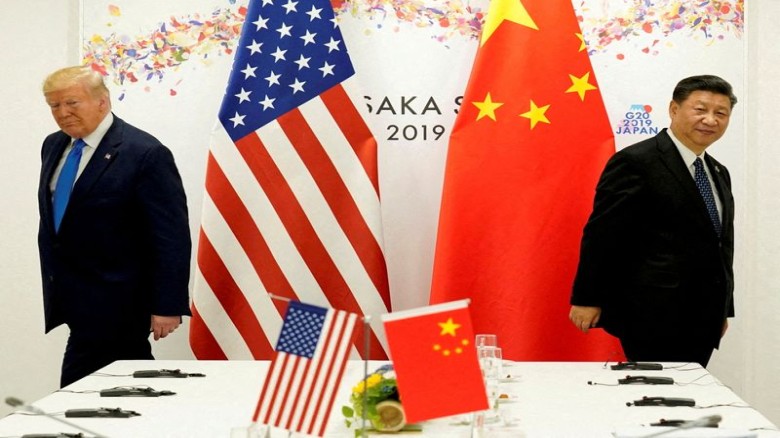

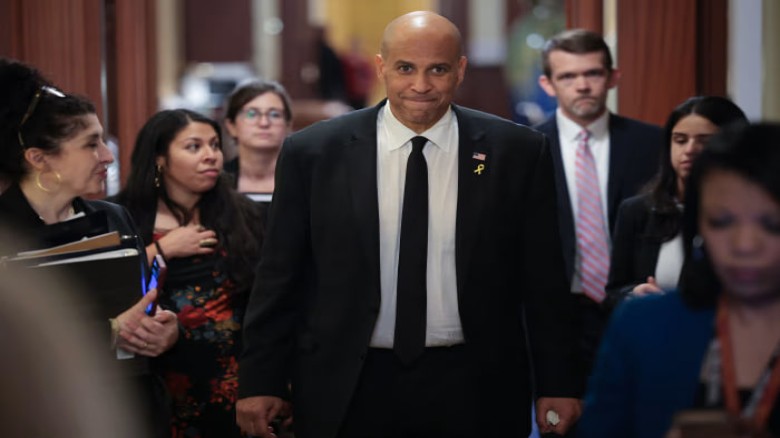

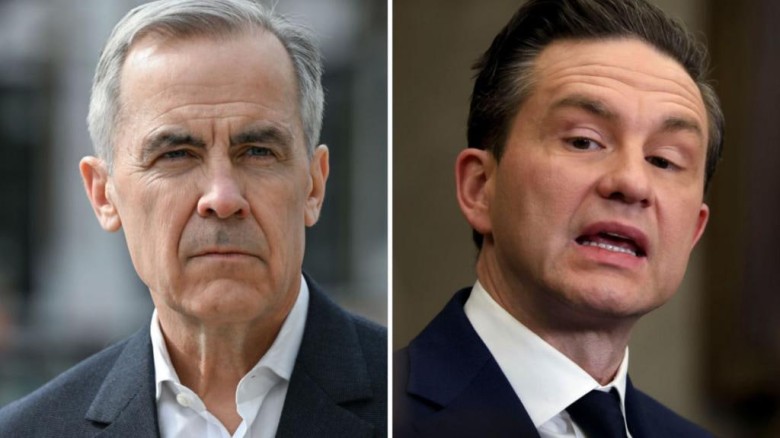
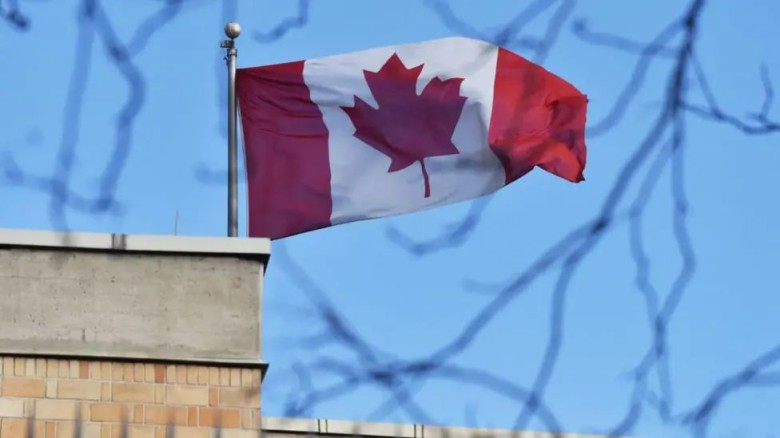
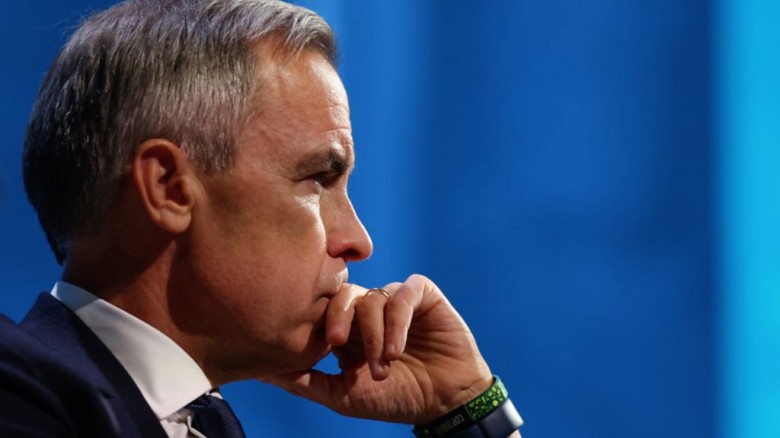

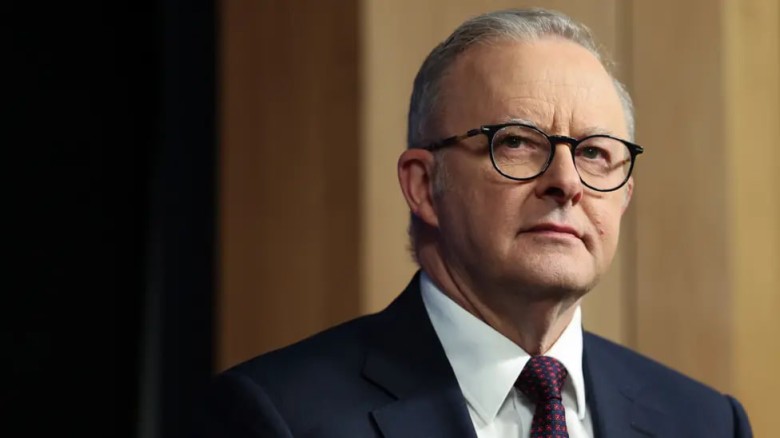


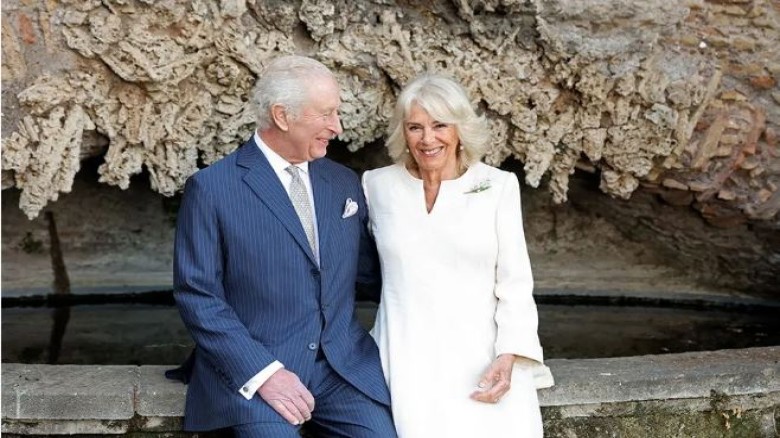


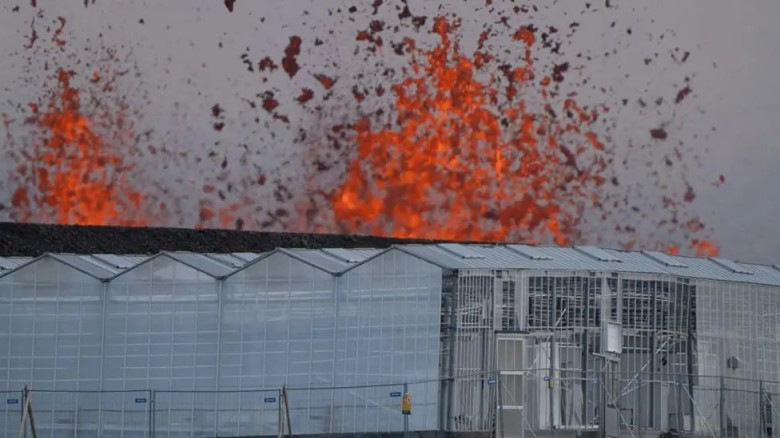










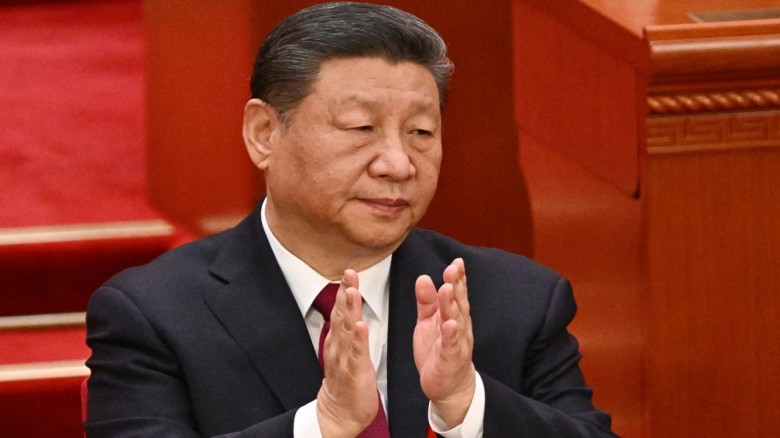
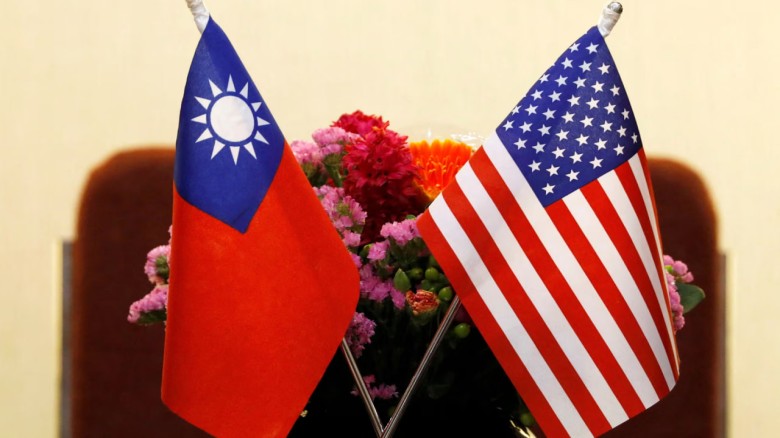







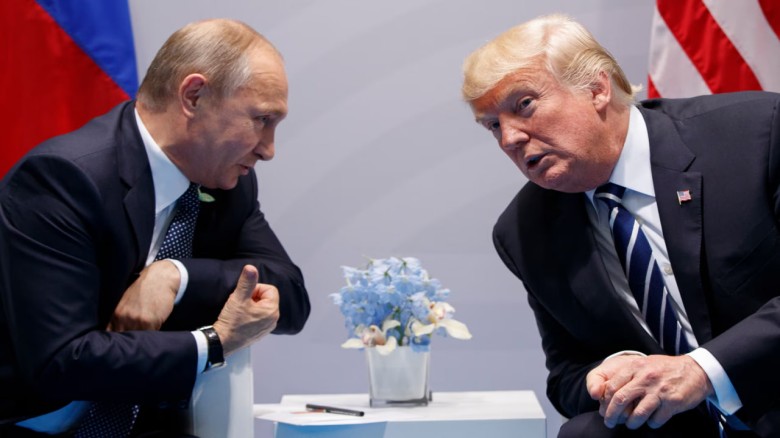
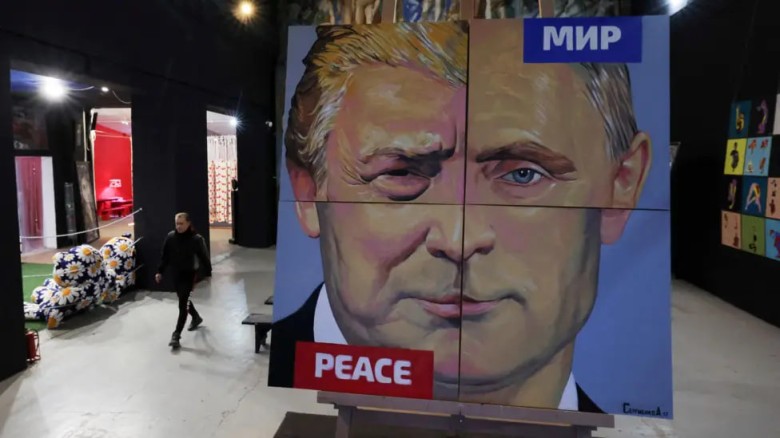
























Leave A Comment